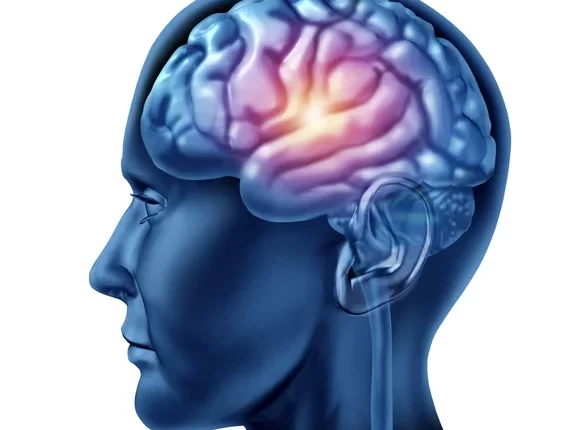Study Reveals Wake Slow Waves Link to Epilepsy and Cognition – Epilepsy is a neurological disorder characterized by recurrent seizures, which are sudden bursts of electrical activity in the brain. Seizures can cause a variety of symptoms, including changes in behavior, consciousness, and movement. Epilepsy is a complex disorder with a variety of causes, and there is no cure. However, there are treatments that can help to control seizures and improve quality of life.
A recent study published in Nature Communications has uncovered a new link between epilepsy and slow waves of neuronal activity that occur during wakefulness. These waves, called local wake slow waves (LoWS), are similar to slow waves that occur during sleep. The study found that LoWS are more common in patients with epilepsy than in healthy controls, and that they are associated with a decrease in network excitability, which may help to prevent epileptic seizures.
The study’s findings have the potential to significantly impact the understanding and treatment of epilepsy. By understanding the role of LoWS in regulating brain activity, researchers may be able to develop new treatments that target these waves to prevent seizures and improve cognitive function. Additionally, the study’s findings could lead to the development of new diagnostic tools for epilepsy.
One potential therapeutic approach is to use techniques such as transcranial magnetic stimulation (TMS) or transcranial direct current stimulation (tDCS) to modulate LoWS activity. TMS and tDCS are non-invasive brain stimulation techniques that have been shown to be effective in treating a variety of neurological disorders, including epilepsy. By increasing LoWS activity, researchers may be able to reduce network excitability and prevent seizures.
Another potential therapeutic approach is to develop drugs that target the mechanisms that generate LoWS. These drugs could be used to increase or decrease LoWS activity, depending on the patient’s individual needs. For example, drugs that increase LoWS activity could be used to treat patients with frequent seizures, while drugs that decrease LoWS activity could be used to treat patients with cognitive impairments.
The study’s findings could also lead to the development of new diagnostic tools for epilepsy. For example, LoWS could be used as a biomarker to identify patients who are at risk of developing epilepsy. Additionally, LoWS could be used to monitor the effectiveness of epilepsy treatments.
The study was conducted on a small sample of patients with epilepsy, and more research is needed to confirm these findings and determine the potential therapeutic implications of LoWS. However, the study provides new insights into the role of LoWS in epilepsy and cognition.
Key findings of the study
- LoWS are similar to sleep slow waves in terms of their amplitude, slope, and duration.
- LoWS occur more frequently in patients with epilepsy than in healthy controls.
- LoWS are associated with a decrease in network excitability, which may help to prevent epileptic seizures.
- LoWS are associated with a decrease in cognitive processing speed.
The study’s authors suggest that LoWS may play a role in the regulation of brain activity and the prevention of epileptic seizures. They also suggest that LoWS may be a potential target for new epilepsy treatments. However, more research is needed to confirm these findings and determine the safety and efficacy of LoWS-based therapies.
Overall, the study provides new insights into the role of LoWS in epilepsy and cognition. Further research is needed to confirm these findings and determine the potential therapeutic implications of LoWS.
Continue to check our website soundhealthandlastingwealth.com for more articles of this kind. And, please use our comment section as well, we would love to hear from you.









